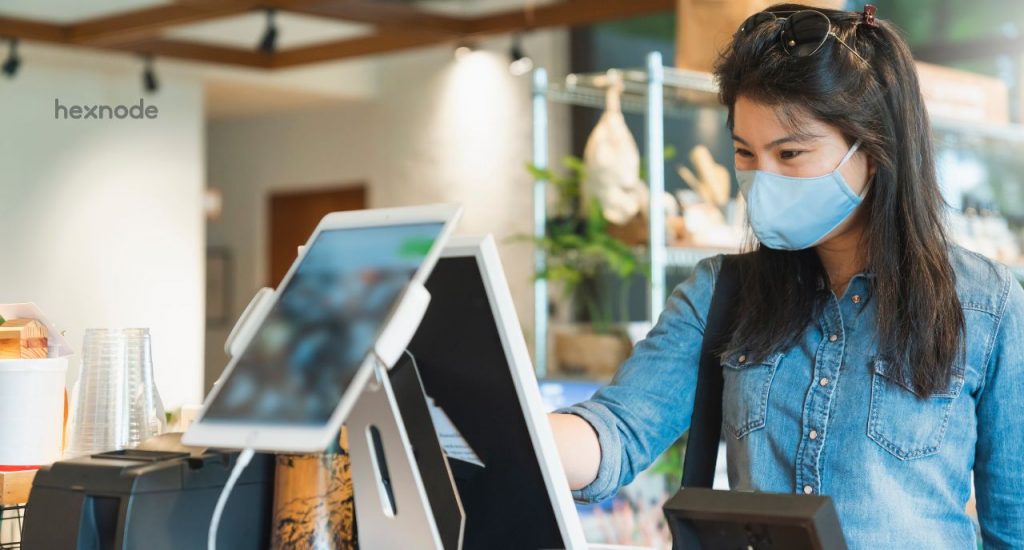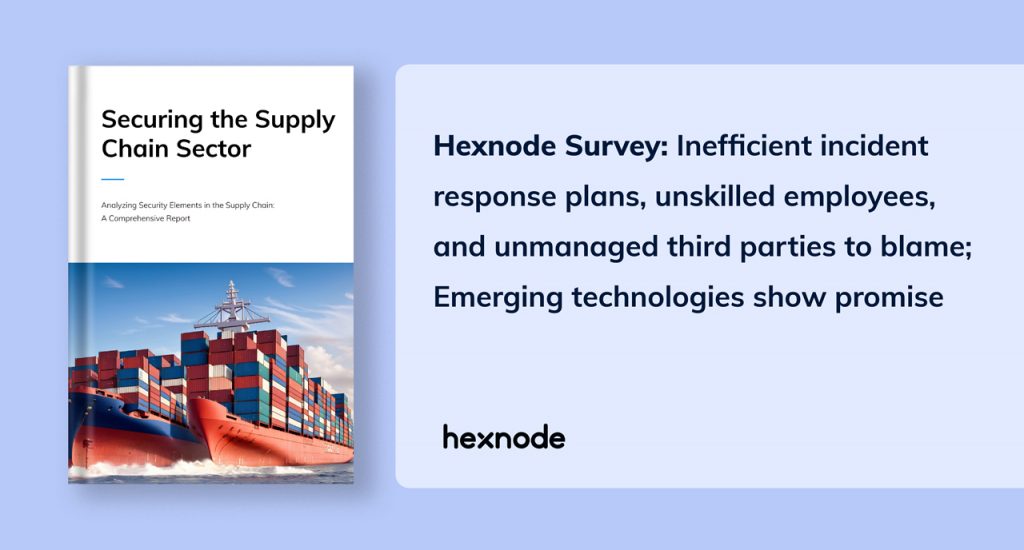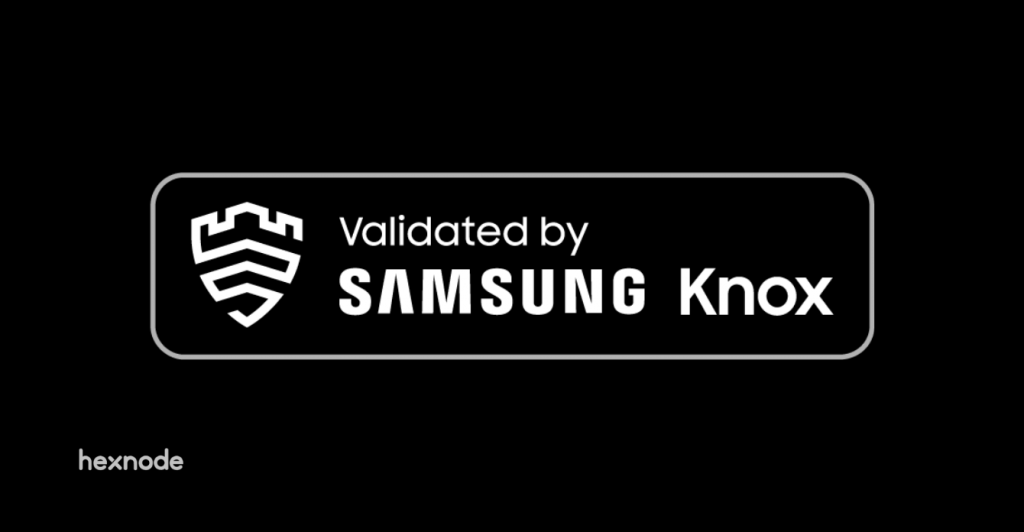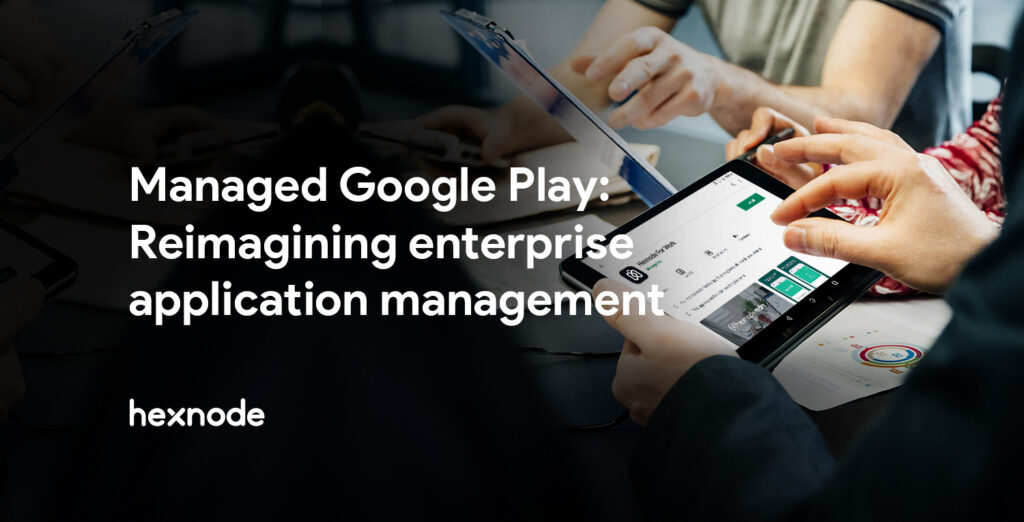“Hey, Stacy! How have you been? Haven’t seen you at all in the last two months. Almost thought you took off!” Kevin, the bill boy at the local supermarket, beamed at the young girl as he scanned her purchases and deftly packed them. Stacy’s cheeks warmed as she gave the older guy a shy smile while taking in the sleek tab-like device that had replaced Kevin’s usual ruled log books.
Setting the wheels in motion:
Aww! Kevin and Stacy are kinda cute, but theirs is a story for another day. Today we’ll focus on the crux of their conversation at the billing counter, POS.
Throw a zesty Android operating system into the mix, and we can set this blog up! So, what are we waiting for? Let’s get started…
Brushing the cobwebs off the basics…
Point-Of-Sale. Quite the term, isn’t it? Don’t worry, though! We’ll break down the concept part by part and thus easily understand the concept and all the baggage around it. Let’s get breaking.
Point-of-sale devices:
For those who believe in magic, POS, or Point of Sale, is like a magic wand for merchants. With just a wave of this technology, they can quickly and efficiently cast spells (i.e., transactions) for their customers, allowing them to purchase their desired products or services. For the magic skeptic, think of it as a gateway between the customer’s wallet and the merchant’s till. POS systems not only process transactions but also keep track of inventory, customer data, and sales trends – all with just a few taps and swipes.
Android POS systems:
After all this chatter about POS devices, Android POS is anyone’s guess. But if there’s any doubt, Android POS systems are POS devices powered by the popular Android operating system. Accordingly, smartphones or tablets running on the Android operating system that can double up as wireless and portable cash registers with billing capabilities sum up the definition of Android POS.
From quick and secure transactions to real-time data and analytics, Android POS systems are like a utility belt, packed with all the tools you need to succeed. And the best part is they’re also highly customizable. With a wealth of third-party apps and extensions, merchants can tailor their Android POS systems to their unique needs and preferences, just like a custom-fit Tom Ford suit. Android POS is the perfect blend of technology and versatility.
Why invest in Android POS?
Well, for starters, Android POS provides businesses with a comprehensive solution that helps increase efficiency, productivity, and customer experience. Additionally, with this, stores can easily send out invoices, track and control operations, and monitor sales, no matter where they are located or if their internet connection is disrupted. What’s even better is that all this comes at an affordable price.
The Android POS system allows for wireless connection of various devices, including receipt printers, barcode scanners, a customer display, credit card terminals (with either an EMV chip or magstripe), and a cash drawer. Moreover, Android POS system doesn’t play favorites in the sense that it enables quick, secure transactions across all the devices connected to it.
The Android POS system operates like a traditional cash register but in a compact, wireless format, thanks to POS software. This software ensures that the Android POS system remains up-to-date and provides real-time information on sales, inventory, orders, employee activities, and more. Cherry on the top is the fact that this software can either be cloud-based or installed locally!
It wouldn’t exactly be too much of an exaggeration to say that Android POS streamlines the purchasing process by adding a modern twist to the transaction process.
Lining up the benefits of Android POS…
What’s the best shot at convincing someone about a product or anything? Yup, we list out the benefits. So, here we are listing the advantages of Android POS. Buckle up!
As mentioned above, an Android POS solution not only functions as a mobile transaction terminal but also as a cloud-based system that allows you to manage your business operations from your smartphone or tablet. This system provides access to information such as your customer database, number of orders, inventory and items sold, revenue, discounts and vouchers, employee management, and sales operations. Chance a glance at some of the essential features of any Android POS system…
Accessibility:
With an Android POS solution, you’re free to roam! Access your business data and operate your device anywhere, online or off. Accounting software, business operations, revenue monitoring, sales, and more – it’s all right there, at your fingertips, no matter where you are.
Customizable experience:
It wouldn’t be too far-fetched to think of Android as the epitome of open and flexible. The same goes for its POS systems, offering you a tailored experience and a variety of customization options to fit your business needs. The Android POS app grows with the business, adapting to a business’ ever-changing needs, so you can run things your way. Ditch the limitations of traditional POS systems and embrace growth with Android – scaling up as you succeed.
Quick software updates:
With Android POS solutions, updates are a breeze! No more downtime or disruptions to your business operations – just seamless, frictionless software updates. Additionally, Android’s open system guarantees quick and effortless updates, ensuring a smooth and uninterrupted experience. Keep your operations running smoothly, and upgrade with ease.
Hardware flexibility:
Android offers freedom of choice. Choose from a multitude of manufacturers, device sizes, and configurations to find the perfect fit for your business. Whether you need something compact and pocket-sized or a larger form factor, Android has you covered. Consequently, this level of flexibility lets you adopt technology that perfectly aligns with your unique business needs, down to the very hardware size.
Durability and Affordability:
When it comes to Android POS solutions, performance, and affordability go hand-in-hand. Many device manufacturers specialize in crafting solutions built to last and hold their value under all conditions. Select a device that’s designed to withstand daily wear and tear, and enjoy peace of mind knowing you won’t break the bank, both initially and for any necessary replacements or repairs. And the best part? Android tablets are often more budget-friendly than other options on the market, making it easier for your business to succeed.
Quite the list of features, right! Well, with all these swoon-worthy features, coupled with the large-scale rolling out of Android POS systems in the market, you must choose one that fits your needs and bills.
Unified Endpoint Management (UEM) and Android POS – A match made in IT?
Did we digress? Maybe. Do we get back on track? Absolutely! So, now we know the basics of Android POS and why it is important, and how it’ll make our lives easier at the billing counter. Yes, they are amazing, but as with any other device, isn’t there a risk of a data leak? How do we secure and manage these devices? Well, the answer to all these questions is the same – Unified Endpoint Management.
Now, Unified Endpoint Management might be a term most of you are quite familiar with or at least heard of. But for those of you who don’t, UEM is simply a term used to signify a centralized platform to manage and secure all the devices or endpoints deployed in an office setting. See, easy!
Answering the big why…
UEM offers efficient functioning and security. So, obviously, Android POS systems should benefit from these offerings of a UEM, right? On that note, UEM is vital for Android POS systems as it helps manage and control the devices used for payment processing. Technically, it provides a unified view of all devices, allowing for easy management and control of them from a single remote location. This helps improve system security by preventing unauthorized access and protecting sensitive data from theft. Additionally, UEM enables faster response times at the point of sale as all actions can be performed remotely and quickly. This helps improve efficiency and customer satisfaction.
Tackling the how with Hexnode…
Oh, the juicy parts! These are the best. Well, there are a few different ways that a UEM solution like Hexnode protects your trusty Android POS systems and adds to their value and efficiency. And so, here’s a look…
Inescapable kiosks:
Kiosks are a God-send solution to the problem of ensuring your devices are locked down to the Android POS software. Now, yes, for the Android platform, Hexnode has options to manually squeeze out of the kiosk modes. Don’t worry, though! This problem can be easily solved by the IT admin. All he has to do is toggle off the setting that allows users to manually exit the kiosks before applying the kiosks policy with the intended device.
But what exactly is the kiosk policy that Hexnode offers? Well, to answer the question, it is simply a policy that the IT guys can apply to the target device to lock it down to one particular app. In our case, this app happens to be the Android POS software. Hexnode does offer the option to lock down an Android device to a handful of apps and also convert one into digital signage, but we don’t have to get into it right now! These are just a few tricks up Hexnode’s sleeve to make the most of all the Androids deployed in an office setup. Definitely a story for another time! Or, have a quick sneak peek at this blog right here…
Android TV kiosk mode: The quick way to set up Android TV for remotely managed digital signage
Apply restrictions left and right:
The best way to prevent a device from being misused is to make it as restrictive as possible. Accordingly, with Hexnode, the IT guy has complete control over the device functionalities, network settings, location settings, and sync settings that the user has access to.
Apart from these basic restrictions, Hexnode also allows the IT team to be on top of the user’s control over display settings, connectivity options, account settings, and app settings. Hexnode really does provide iron control over the usage of the devices meant to be deployed as an Android POS system. Hexnode also ensures that the UEM profile can’t be removed from the Android POS systems. Thus, they won’t be without management, even for a second!
Anytime, all time on your Android POS systems:
An important facet of managing and securing your Android POS systems is to ensure an all-time eye on the device in question. Yup! You guessed it right, Hexnode does have it all figured out with the remote view and location tracking functionalities. Remote view allows the IT guys to easily view the Android POS devices remotely.
The location tracking policy, on the other hand, allows one to keep track of the location of the devices. Accordingly, this policy helps prevent any untoward event like theft of the Android POS systems. And not just that, with Hexnode the IT team can easily access the device remotely. How cool is that! Imagine having IT trouble at the billing counter and your IT knowledge is limited to naming the parts of computer and playing solitaire! Don’t worry, the IT guy can easily fix your device with a few taps, sitting in some other room sipping his coffee.
Hassle-free OS updates:
Effective management of an Android POS system requires careful planning, employee training, and ongoing attention to detail. Regular checks for software updates and installing them promptly to ensure that your Android POS system continues to run smoothly and effectively is very important. However, wouldn’t it be easier to do this in a few clicks remotely? Yup, Hexnode does that in style!
Easy troubleshooting with app logs:
Dealing with device malfunctions can be a hassle, but with Hexnode App Logs for Android, troubleshooting has never been easier! These logs serve as a valuable tool. They help in determining the root cause of any device issues and identifying any abnormal behaviors. No need for physical access to the device or extensive system permissions – simply request the logs through the Hexnode portal, or have the users send them manually from their devices. Then, download them directly from the Hexnode console with ease. Furthermore, Hexnode App Logs can easily streamline the troubleshooting process for your Android POS systems.
Tying the loose ends…
There aren’t many loose ends here. From quick transactions to real-time data and analytics, Android POS systems provide businesses with a comprehensive solution to improve efficiency and customer experience. Not to forget, with its affordable cost and customizability, Android POS is the perfect blend of technology and versatility for modern businesses.
Moreover, the added boost of Hexnode’s tenacity and efficiency in providing the best security and management features is a charm of its own! So, what are you waiting for? Hurry up and let Hexnode in on your plans to secure and manage your Android POS systems. You do that and I’ll take your leave. Bye-Bye!
Start your free trial today!
Start your 14-day free trial to experience the very best of Android POS system management with Hexnode.
SIGN UP NOW





